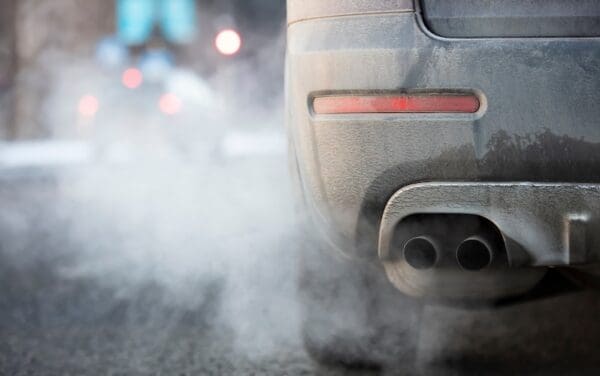CLF Reaches Settlement with Patriot Beverages to Protect Local Waters
This resolution sends a clear message that companies must take responsibility for the pollution they cause.

This resolution sends a clear message that companies must take responsibility for the pollution they cause.

The impacts of climate change aren’t softening – and Massachusetts shouldn’t soften its climate and affordable energy commitments.
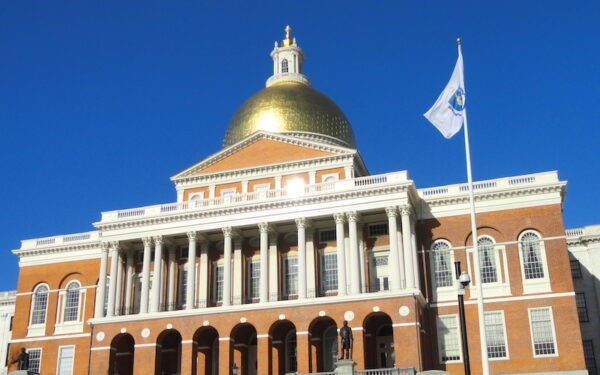
The state must pair this plan with common-sense, long-overdue standards to stop unsafe development and truly safeguard our coastal communities for the long term.
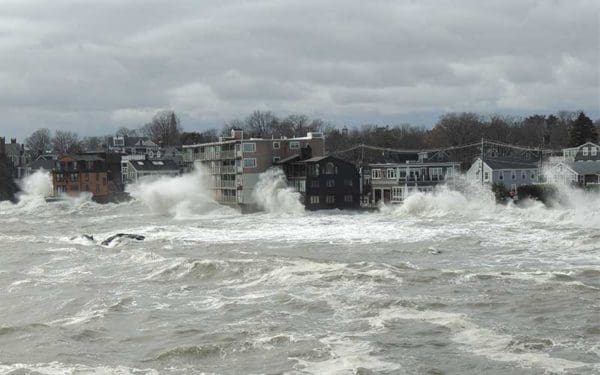
We’ve got to understand that this is about to become a flaming pocketbook issue for Americans who right now don’t see climate change as something that immediately affects them.
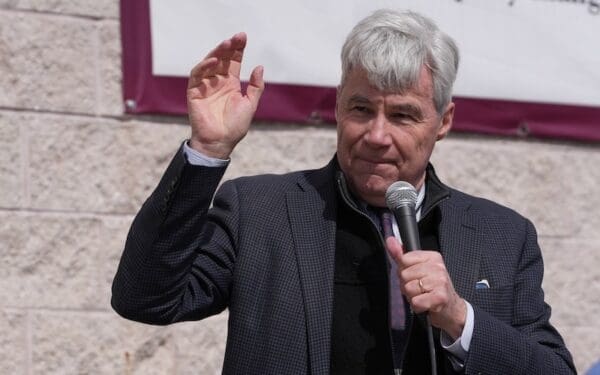
This case isn’t just about permits or legal technicalities. It’s about insisting that communities be protected, heard, and respected.
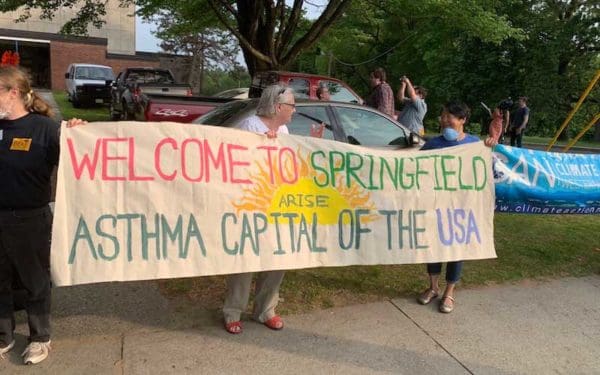
Despite Donald Trump’s sometimes hourly flip-flopping, his overall objective is clear: He wants to centralize power in the executive branch while dismantling an imagined “deep state.” His actions are hurting our democracy, people, and the environment.

Lead poisoning remains a hidden danger in homes, pipes, and soil across New England. The good news? It’s 100% preventable. Learn the facts about lead exposure – and how we can protect families from this toxic threat once and for all.

Decades after lead paint was banned, thousands of New England homes still pose a hidden danger – especially to children. Learn about the ongoing risks of lead exposure, the policy gaps that allow it to persist, and what communities can do to ensure safe, healthy housing for all.

Nora serves as the Program Coordinator for the Strategic Litigation Team and the Senior Vice President of Law & Policy. She joined CLF after graduating from Stanford University with a master’s degree in Environmental Communication and a bachelor’s degree in Political Science. Previously, she’s worked on political campaigns at every level, from a state senate… Continue reading Nora Swidey

For far too long, we’ve accepted the vehicle exhaust that clouds our roads and cities as just the price we pay to move from one place to another. It’s become our new normal. Our acceptance of this status quo is part of the reason that the transportation sector was the largest source of greenhouse gases in the United States in 2022.
